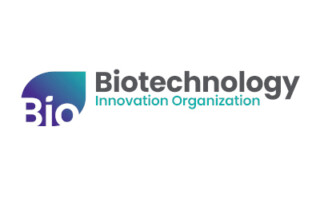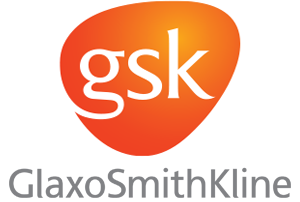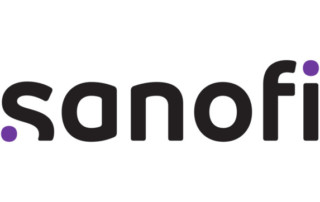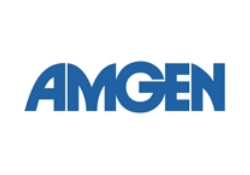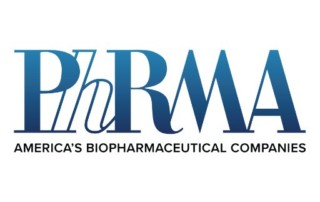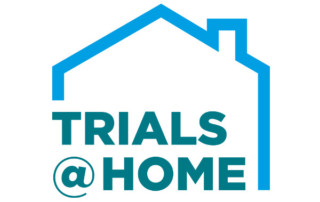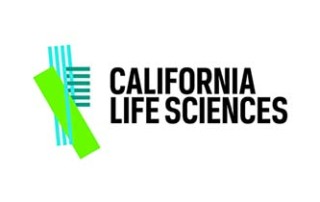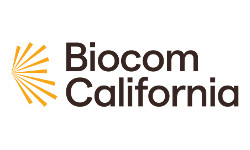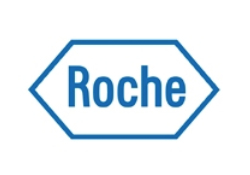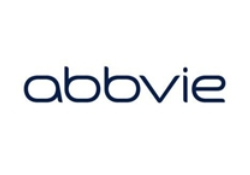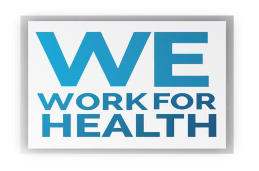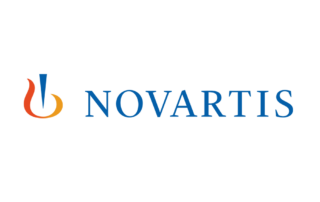Vital Transformation is a small, unique consultancy focused on addressing the challenges of today’s modern healthcare system. We partner with your organisation to help you find answers to hard to solve problems.
Contact us to learn how Vital Transformation can help your organisation.
LATEST RESEARCH
LATEST COMMUNICATIONS

Our Communication Services
In this episode of the Vital Health Podcast, host Duane Schulthess sits down with two Vital Transformation colleagues to explore key trends in drug pricing and macroeconomic policy:
-
Joe Hammang: US Business Director at Vital Transformation.
-
Harry Bowen: Consulting Economist at Vital Transformation.
They unpack the Trump administration’s “Most Favored Nation” approach as applied to Medicaid, contrast it with past Medicare proposals, and discuss modeled employment, tax, and GDP impacts. The conversation explores why effects would differ by company and therapy area, the EU’s move toward streamlined compulsory licensing, the knock-on risks for premiums and investment, the fragility of the generics market, and how global competition – including China’s growing clinical footprint – could reshape innovation incentives.
Find all our communication projects on Better Science, Better Health
MORE RESEARCH
BIO 2023: A Price Control Odyssey : The Inflation Reduction Act’s Effects on the Innovation Ecosystem
The Inflation Reduction Act (IRA) contains some of the most significant changes to prescription drug pricing, reimbursement, and access since the Affordable Care Act was enacted over a decade ago. A new study by Vital Transformation, a health care economics consultancy, looks at the economic impacts on the innovation ecosystem and access to new therapies, with a particular focus on drug discovery and rare disease. As the federal government implements the price control provisions of the IRA, biotech hubs like Boston, Massachusetts- home to a significant number of established and emerging biotech companies- will bear the brunt of those impacts as they manage R&D pipelines.
Panelists, amongst whom Duane Schulthess, CEO of Vital Transformation, will discuss the studies findings, and look at the chilling effects on venture funding, orphan drug impacts, and reduced treatments reaching patients.
Wednesday, June 7, 2023, 1:45 PM - 2:45 PM (EDT) - Session Room 254B (click Read More for the session link)
And if you can't attend the session but are keen to discuss this topic, come and visit the Vital Transformation booth at the BIO Exhibition, we're in booth 1180!
The US Ecosystem for Medicines. How new drug innovations get to patients.
The dominance of American biopharma in global innovation has increased since Kneller’s publication in 2010; the USA is responsible for 95% of the increase of 111 total FDA approvals since 2010.
The diversified external R&D ecosystem, emerged since 2008, has led to an increase of more than 160% in the value of external R&D partnership in Europe and the US.
The value of Europe’s partnership deals has have remained stable since 2011, whereas the median value of partnership agreements in the US has trebled.
120 of 363 total FDA approvals between 2011 and 2020 were developed by US based small companies with less than $500 mil in revenue.
The NIH’s CRADA and Intermural grants were directly responsible for the creation of 4 of the 363 new drugs in our cohort; US academic institutions created 10% of all indigenously originated IP.
While most drugs are created by small biotech companies in the cohort, large companies step in after FDA approval with development, marketing, and scale; this appears to increase the efficiency of the Biotechnology ecosystem.
The majority of biologics undergo priority review and target orphan indications at the time of FDA approval between 2011-2020.
The NIH’s role in drug discovery, while vital, is not directly responsible for the development of new therapies.
Calculating the Value and Impact of Accelerated Approvals: Final Findings
• The Accelerated Approval (AA) pathway was implemented to help fight AIDs/HIV and has largely been considered a success in addressing areas of high unmet medical needs. However, there is growing sentiment from some payers, academics, and state and federal policymakers that the pathway needs to be significantly altered or restrictions applied to drugs approved through the accelerated approval pathway
• For most of the orphan conditions currently lacking treatment in the US, each condition impacts a maximum of 330 people – an incidence rate less than 1/1,000,000. Substantial changes to the accelerated approval pathway will likely render the potential development of these therapies to treat many rare diseases economically untenable
• The Accelerated Approval therapies’ relative impact on state Medicaid budgets is minimal with an average of one-half of one percent, 0.5%, across all 50 US states and DC
• A three-year delay in Medicaid access in 100% of states would result in roughly 19% – 43% of our therapies having a negative NPV which would therefore render development unlikely
• Revenue reductions have the consequence of increasing risks for developers/investors – even though Medicaid therapies are highly discounted, large revenue reductions do increase the likelihood of fewer therapies being introduced to the market under the Accelerated Approval pathway
VITAL HEALTH PODCASTS
Our podcast series is also available via your favourite channels!
 |
 |
|---|---|
 |
 |
NEWSLETTER
Register now to receive all the latest updates from Vital Transformation including our research, podcasts and more…
VT on X
Claims that the IRA wouldn’t affect innovation overlooked how early-stage investors really make decisions. Our research shows the pipeline for senior-focused therapies is already narrowing.
— VitalTransformation (@VitalTransform) April 18, 2025
Read the full breakdown: https://t.co/4EzJGdMcU4@weworkforhealth #IRA #DrugPricing
The IRA’s 9-year cap for small molecules and 13-year cap for biologics rerouted investment away from the pills seniors rely on. We sat down with @steveusdin1 to unpack how this shift skews R&D incentives and future therapies.
— VitalTransformation (@VitalTransform) April 27, 2025
Listen here: https://t.co/FCjKFdIhsU@weworkforhealth pic.twitter.com/phoDI4ZrhK
Our clients include many of the world’s leading health care organisations.







